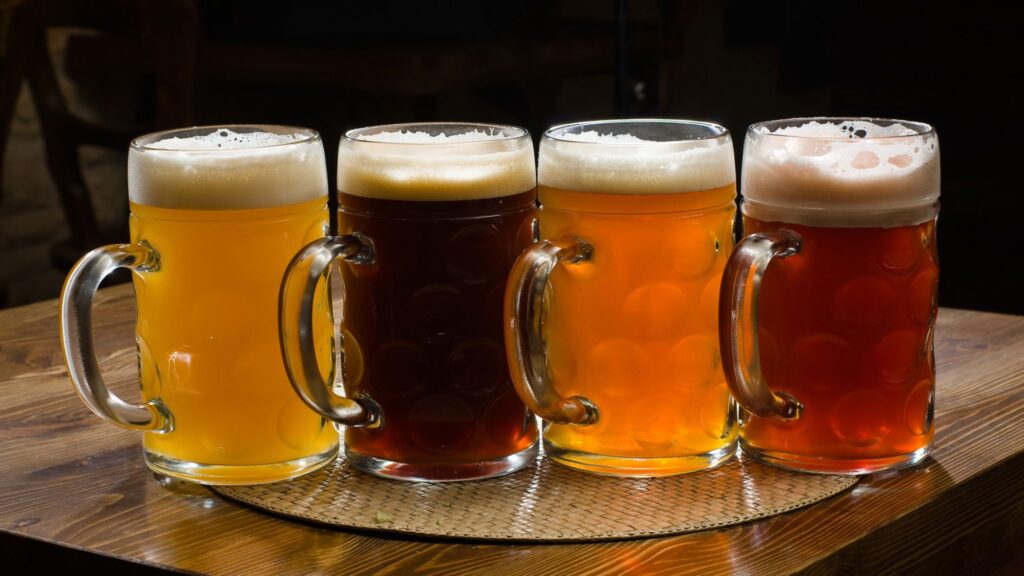Imagine seeking medical help for dizziness and slurred speech, only to be told you’re drunk—despite not having consumed any alcohol. This perplexing scenario recently unfolded for a woman in Canada, who experienced seven episodes of an illness that left her feeling inebriated without touching a drop of alcohol. After two years of confusion, she was diagnosed with auto-brewery syndrome.
What is Auto-Brewery Syndrome?
Auto-brewery syndrome is an exceptionally rare condition where microbes in the gut produce alcohol. The symptoms often mimic those of alcohol intoxication, including drowsiness, mood changes, and vomiting, complicating the path to a correct diagnosis.
The Canadian patient’s struggle isn’t unique. Another individual in Belgium faced a drink-driving charge despite not drinking any alcohol. He was acquitted after doctors confirmed he suffered from auto-brewery syndrome. Due to its rarity and symptom overlap with alcohol abuse, diagnosing this condition is notoriously difficult, and there are only a handful of documented cases.

Researchers believe that people aren’t born with auto-brewery syndrome; instead, it is triggered by a disruption in the gut microbiome. The condition involves an overgrowth of yeast in the intestines, similar to the yeast used to ferment sugars in beer, wine, and spirits.
In patients with auto-brewery syndrome, these yeasts ferment the food they eat, particularly carbohydrates, producing alcohol internally. This hypothesis is supported by the fact that antifungal drugs, which kill yeast, have helped alleviate symptoms in several cases. Additionally, a low carbohydrate diet has been shown to reduce symptoms in some patients.
The exact yeast responsible for auto-brewery syndrome remains unknown due to the condition’s rarity. However, research has indicated that Saccharomyces cerevisiae, commonly known as “brewer’s yeast,” might play a significant role. Another family of yeasts, Candida, which is known to cause yeast infections, also appears to contribute to the condition.
Diet, particularly high carbohydrate intake, and factors like antibiotic use or gut surgery may trigger auto-brewery syndrome by increasing yeast growth in the gut. While Saccharomyces is frequently found in human microbiomes, its status as a resident or transient yeast is unclear. Candida, however, is a recognized inhabitant of the human gut.
Yeasts, though fewer in number than bacteria in the gut, can significantly impact health. Overgrowth of Candida has been linked to fungal sepsis in cancer patients and increased severity in COVID-19 cases. Early growth of Candida in newborns is also associated with developing asthma later in life, highlighting its influence on the immune system and overall health.
Auto-brewery syndrome, while rare, underscores the significant effects of gut fungi on human health. As research continues, understanding these microbes may reveal more about conditions like auto-brewery syndrome and their broader health impacts.






